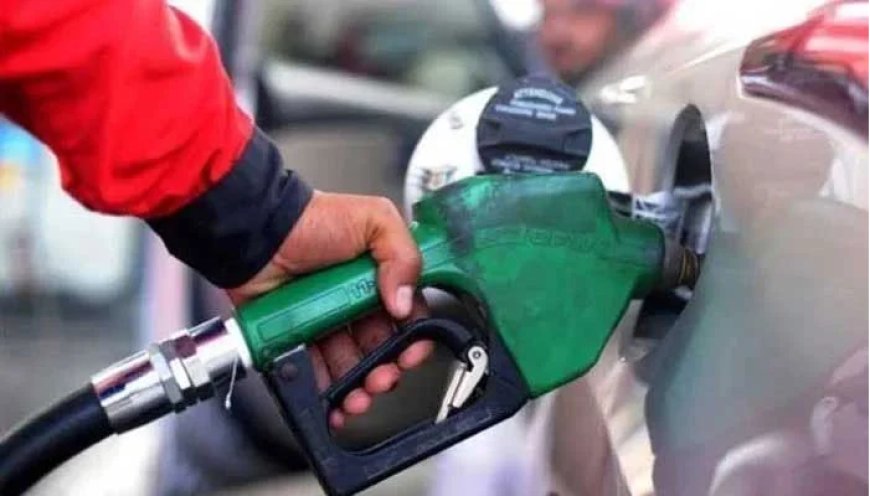Govt to deregulate fuel prices, auction offshore blocks

1. In bid to reduce fuel costs, government also plans to permit oil refineries to blend up to 5% ethanol into petroleum products
Pakistan to Deregulate Fuel Prices, Promote Energy Reforms
ISLAMABAD: The government is set to deregulate petroleum product prices, allowing oil marketing companies (OMCs) to sell fuel at competitive rates while maintaining a price cap to ensure market stability.
To reduce fuel costs, authorities also plan to permit oil refineries to blend up to 5% ethanol into petroleum products. This initiative aligns with Pakistan’s broader strategy to enhance energy efficiency and attract investment in domestic energy production.
Speaking at the annual Oil and Gas Conference in Islamabad, Petroleum Minister Musadik Malik highlighted Pakistan’s slow progress in offshore oil and gas exploration, noting that only 18 wells had been drilled in the past 60 years—significantly fewer than neighboring countries.
To boost domestic energy production, Pakistan has announced the auction of 40 offshore exploration blocks and 31 onshore blocks. Meanwhile, the Council of Common Interests (CCI) is expected to approve a tight gas policy in its upcoming meeting. Efforts are also underway to develop tight and shale gas resources, with the Oil and Gas Development Company Limited (OGDCL) recently discovering a shale gas reserve.
The minister also underscored Pakistan’s commitment to renewable and alternative energy, with a focus on green hydrogen (oxygen-based) and blue hydrogen (ammonia-based) production projects. A biofuel policy is expected to be approved soon, further supporting the country’s transition to sustainable energy solutions.
Malik warned that the rapid melting of glaciers could severely impact Pakistan’s canal system, stressing the need to integrate environmental sustainability into energy initiatives. He reiterated the importance of relying more on domestic resources for long-term stability.
Criticizing bureaucratic inefficiencies, the minister called for greater private sector involvement and a shift away from outdated governance models. He outlined three key objectives for the energy sector: ensuring energy availability, making it affordable, and guaranteeing long-term sustainability.
“We must move beyond rigid bureaucracy,” he said. “If we want to develop, we must abandon a culture of inefficiency and embrace forward-thinking policies.” He urged Pakistan to adopt a mindset of innovation and unity to drive progress


















































